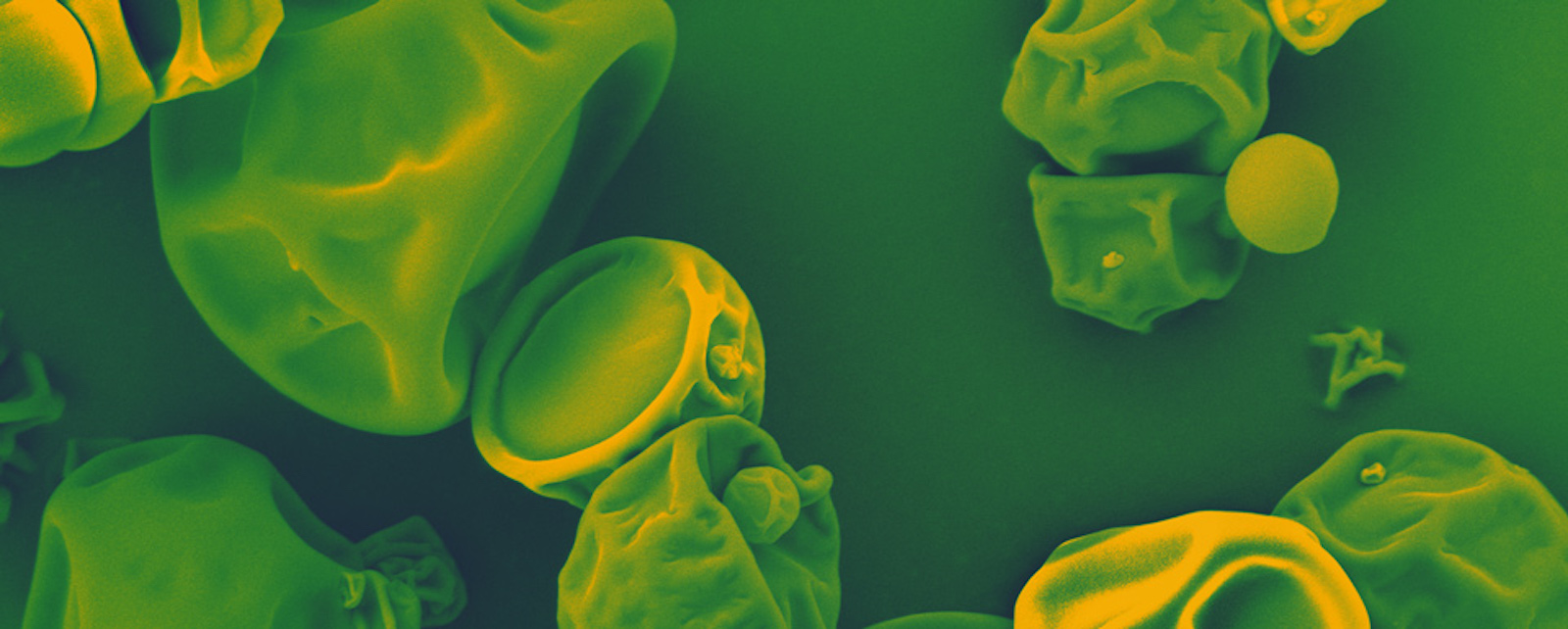It is estimated that only 1 out of every 1,000 preclinical candidates reaches the commercial market. The ability to assess the “developability” of a therapeutic candidate in early preclinical and clinical phases of development can be a very powerful tool to enhance the chance of success. This webinar will discuss a number of methodologies to facilitate the assessment of potential development risks including:
- safety and immunogenicity
- stability
- aggregation
- low productivity
Unwanted immunogenic responses can have serious consequences on the efficacy of drugs and potential patient safety. A number of in silico methods can be used to evaluate protein sequence and structure in order to provide information on the likelihood of immunogenic responses and potential manufacturability issues such as: aggregation, deamidation, cleavage and post-translational modification.
In order to perform continued and more detailed developability assessments, it is essential to rapidly produce material representative of the final product. Both mammalian & microbial expression systems can be employed to rapidly produce material for discovery stage in vitro assessment.
Ex vivo systems are available to assess immunogenicity using both T-Cell and B-Cell responses to a therapeutic candidate. In addition, early representative material can also be used to monitor aggregation levels and detect other stability issues.
This webinar will present methodologies behind the following:
- Protein Health Check – assessment of deamidation, stability, cleavage, post-translational modifications which can impact productivity and quality.
- Epibase™ Immunogenicity Profiling – in silico screening platform and in vitro cellular assays.
- AggreSolve™ Protein Aggregation Platform – in silico and in vitro platform designed to resolve protein aggregation and stability challenges.
- Light Path™ Discovery Custom Material Supply – rapid generation of 10-250mg, non-GMP product for microbial or mammalian derived molecules.
Speaker

Noel Smith, Ph.D., Senior Scientist, Lonza Applied Protein Services Lonza Biologics plc
Noel studied Medical Biochemistry at the University of Wales, Cardiff and then went on to complete a PhD at the University of Cambridge where he studied the mechanisms behind the development of monogenic forms of Type 2 Diabetes. Noel subsequently took up a Research Associate position also at the University of Cambridge where his research included the study of the genetic and epigenetic factors involved in the development of metabolic disease. Noel is currently a Science Leader at Lonza’s Applied Protein Services Department in Cambridge, UK. His work includes assessment and engineering services for proteins in development based on expression, aggregation and immunogenicity analysis using a number of in silico and in vitro platforms.
Who Should Attend?
This webinar is designed for scientists with a focus on late stage discovery and early stage development of biotherapeutics and vaccine.
Xtalks Partner
Lonza
For over 30 years, Lonza Custom Manufacturing has been helping emerging and established biotech and pharmaceutical companies improve and successfully advance their products to the next level. Whether for clinical or commercial supply, Lonza’s full set of development services, industry-leading manufacturing processes, and broad chemical and biotechnology platforms enable you to reach your clinical milestones earlier.
For more information visit http://www.lonza.com/
You Must Login To Register for this Free Webinar
Already have an account? LOGIN HERE. If you don’t have an account you need to create a free account.
Create Account

